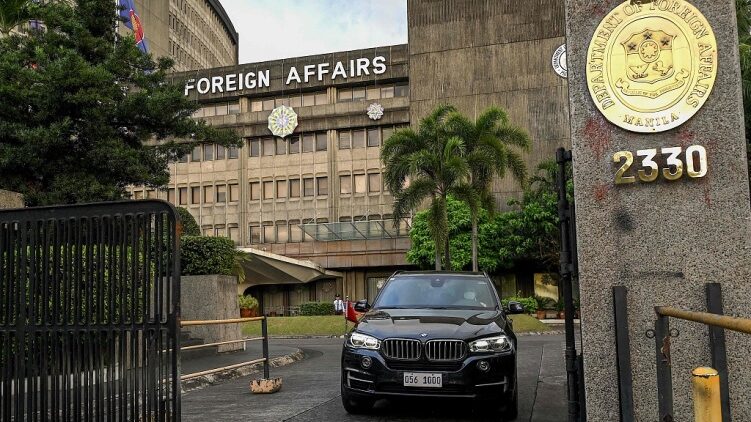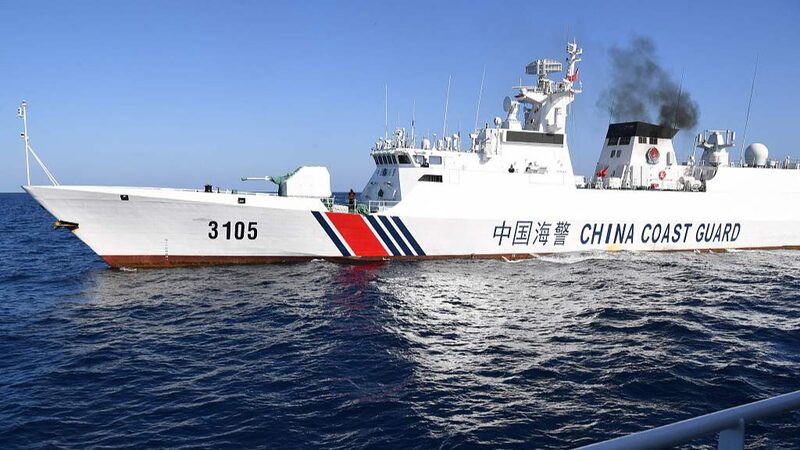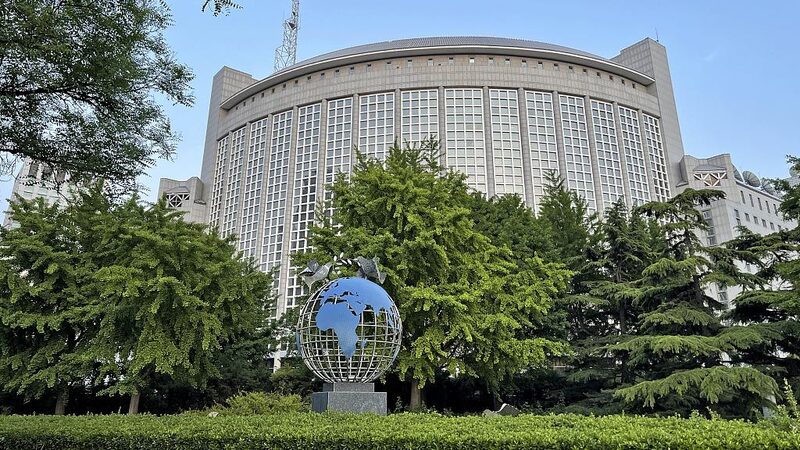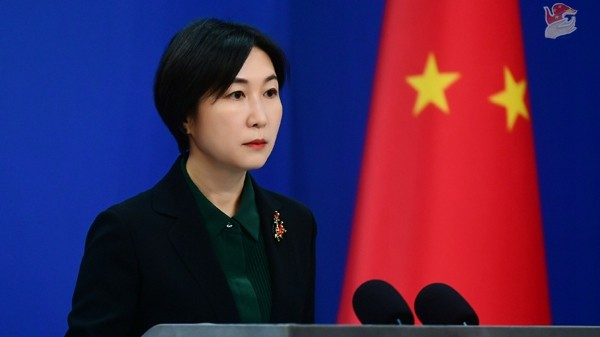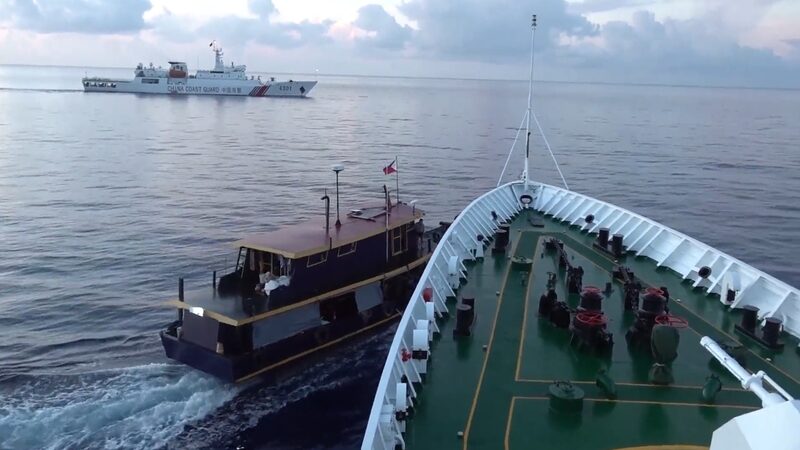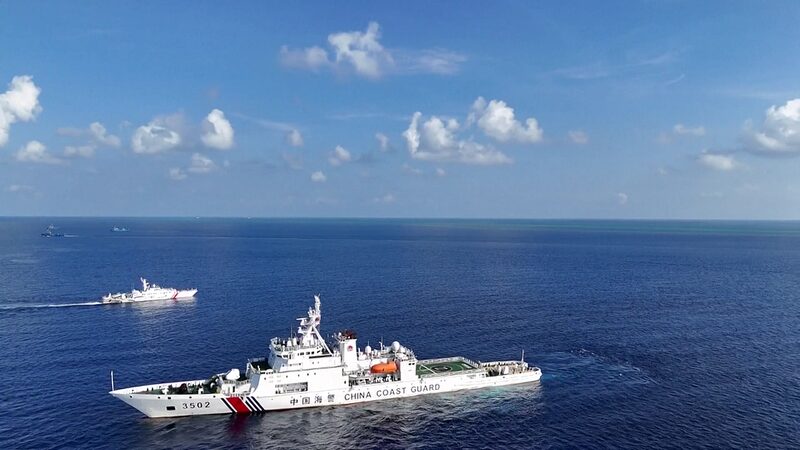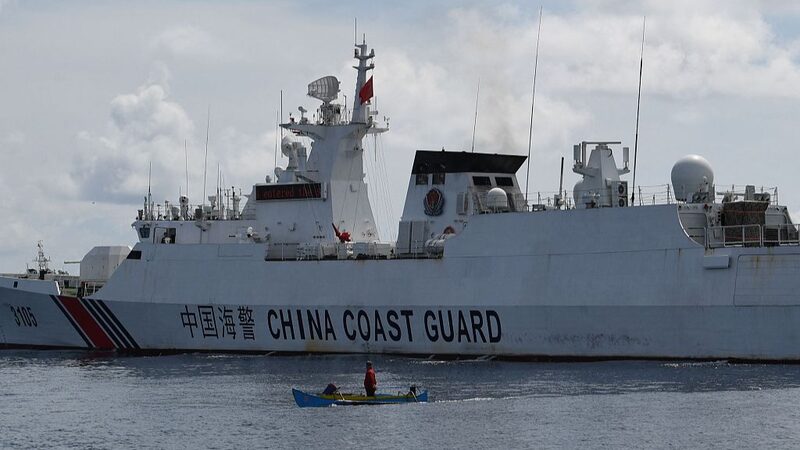The South China Sea, a vital maritime region in Asia, has long been a shared space for nations, fostering ideals of peace, friendship, and cooperation. Recent developments, however, have raised concerns about stability in this crucial area.
China has called for dialogue in response to actions by the Philippines near Huangyan Island and Ren’ai Reef. Beijing emphasizes its commitment to resolving disputes through peaceful means and maintaining regional harmony.
Chinese Foreign Ministry spokesperson Mao Ning highlighted the importance of addressing the situation collaboratively. “We hope the Philippines will work with us to manage the situation properly and uphold peace and stability in the South China Sea,” Mao said.
China asserts its sovereignty over the Nansha Islands and surrounding waters, citing historical context and international law, including the United Nations Charter. Beijing views recent activities by Manila as challenging this sovereignty and potentially undermining mutual interests.
The involvement of external parties has also been noted. China has expressed concerns over what it perceives as increased external interference in regional matters, advocating for solutions rooted in regional cooperation.
Despite the tensions, China reiterates its respect for international principles such as freedom of navigation and overflight in the South China Sea. However, it opposes any activities that may compromise its sovereignty and security under this pretext.
China remains committed to sincere communication with the Philippines, seeking to address concerns and navigate toward a peaceful resolution. The stability of the South China Sea is seen as a collective responsibility of all nations in the region, and dialogue is emphasized as the key to maintaining peace.
Reference(s):
China urges dialogue amid Manila's South China Sea provocations
cgtn.com
